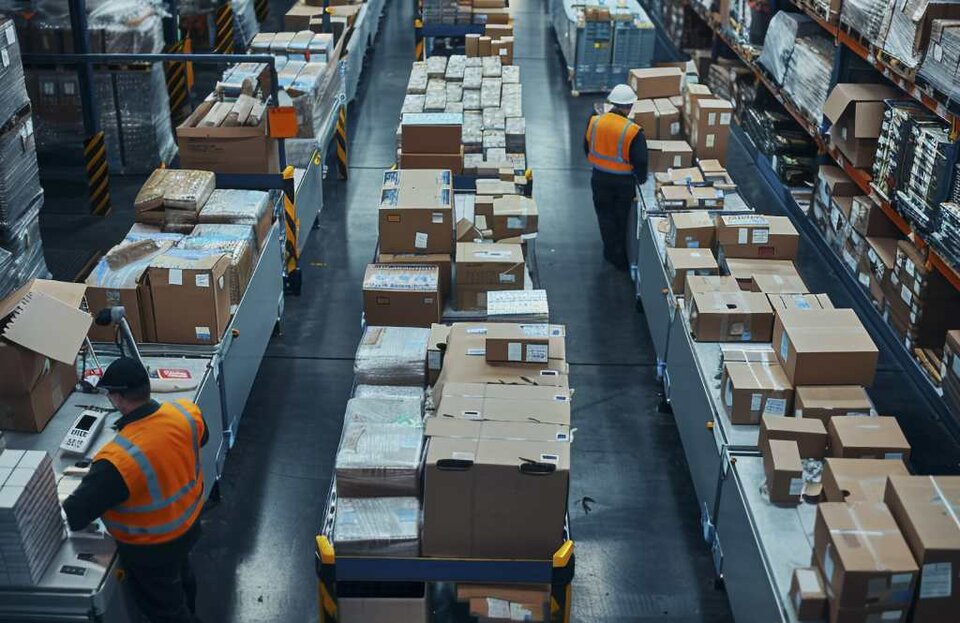
Navigating Supply Chain Disruptions: Strategies for Retail Resilience
As supply chain disruptions persist, retailers must take proactive measures to mitigate risk and maintain consistency across their operations. Challenges such as port congestion, transportation bottlenecks, and geopolitical issues can cause significant delays, impacting inventory levels and customer satisfaction. To navigate these disruptions, retailers need a long-term strategy that emphasizes strong relationships with key stakeholders, including suppliers, logistics providers, and transportation carriers.
Building these relationships ensures greater communication and cooperation when disruptions arise. Retailers must work closely with their partners to understand potential risks and establish flexible contingency plans. By fostering these connections, retailers can negotiate better terms, gain priority access to services, and ensure that they’re receiving maximum value from the tools and resources provided by their service providers.
In addition, retailers need to fully leverage technology to monitor their shipments. Tools that offer real-time track and trace capabilities are critical for capturing potential disruptions early. By staying ahead of issues such as shipping delays or route changes, retailers can make informed decisions and adjust their operations accordingly. These tools, when integrated into a comprehensive risk management strategy, allow retailers to form contingency plans, such as rerouting shipments or adjusting delivery timelines, to minimize the impact on their supply chain. Ultimately, a proactive approach—centered around strong stakeholder relationships and effective use of monitoring tools—is essential for navigating today's complex supply chain landscape.







